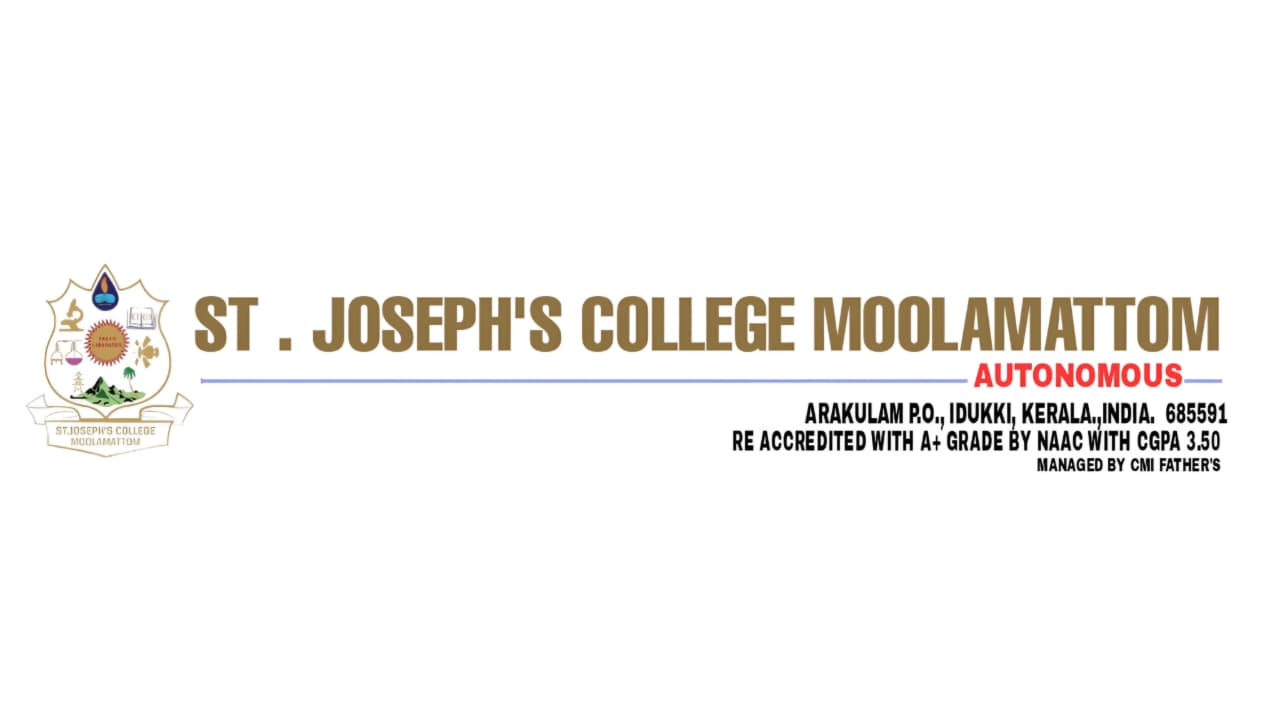Examinations
Examination Cell
Controller of Examinations (CoE)
The Examination Cell, functioning as the Controller of Examinations (CoE), plays a central role in upholding academic integrity and excellence at our autonomous college. With autonomy granted, the college has the freedom to design its own curricula, assessment methods, and evaluation systems, ensuring relevance, flexibility and transparency.
Functions & Responsibilities
Preparation and publication of end-semester and supplementary examination timetables, along with internal assessment schedules.
Designing and updating question papers, model examinations and practical assessments, aligned to our autonomous curriculum.
Issuing hall tickets/admit cards, allocating seating arrangements and ensuring smooth conduct of examinations.
Ensuring confidentiality and security of both internal and external evaluation processes.
Publishing results, managing re-valuation and scrutiny requests, and conducting grievance redressal for students.
Maintaining digital records of student assessments, grades, transcripts and statistical reports for academic monitoring and accreditation.
Coordinating with departments to facilitate continuous improvement of the assessment system in line with autonomy provisions.
Internal Assessment (Continuous Evaluation)
In our autonomous structure, every programme emphasises active learning and ongoing assessment. Internal assessment typically includes:
Unit tests, surprise tests and assignment submissions.
Seminars, group discussions, presentations and project work (where applicable).
Attendance, class participation and practical engagement.
Each course’s internal assessment component is published ahead of time, and students are made aware of the weightage and deadlines.
End-Semester Examinations & Supplementary Exams
Exams are scheduled in advance and notified on the website and notice boards.
End-semester examinations cover the full gamut of course content in line with the autonomous syllabus.
For students who fail or miss exams, supplementary exams will be offered in due time as per the CoE’s calendar.
Results are usually declared in a timely manner, leveraging the autonomy to streamline processes and reduce delay.
Grading System & Result Publication
With autonomy, the college follows a grading system (e.g., letter grades, grade points) instead of mere percentage-based marks, thereby promoting better academic standards and transparency.
The CoE is responsible for issuing grade sheets/transcripts, maintaining mark registers, and ensuring accuracy of student records.
For re-valuation, scrutiny or improvement of performance, the relevant application forms are available on the website and students may apply within the stipulated timeframe.
Academic Calendar & Key Dates
The Examination Cell publishes the Academic & Examination Calendar at the beginning of each academic year, including internal assessment timelines, end-semester exams, result publication dates and supplementary sessions.
Students are encouraged to plan ahead and adhere to deadlines for registrations, application for re-valuation, and other exam-related formalities.
Student Support & Transparency
The CoE maintains a help desk / email contact for student queries relating to exams, results and re-valuations.
Internal assessment and result data for students is displayed prior to submission to ensure transparency.
The college periodically reviews and updates its examination policies and formats, taking student feedback and best practices into account.
Examinations
Mahatma Gandhi (MG) University Examinations
The college is affiliated to Mahatma Gandhi (MG) University. The evaluation scheme for each course shall contain two parts; (a) External Evaluation and (b) Internal Assessment. 20% weight shall be given to the internal assessment. The remaining 80% weight shall be for the external evaluation. The end semester examinations are conducted as per the schedule provided by the university.
Internal/ Mid-Semester/ Model Examinations
The performance of every student is subject to a periodical assessment by the teachers concerned in addition to the conventional external examination. The marks awarded to the students in the internal assessment will be forwarded to the University for inclusion in the final mark sheet.
1. There will be two Internal Examinations in a semester.
2. A progress report will be given to the guardian giving details of the progress in studies, classes attended and the remarks of the Principal.
3. Students are not allowed to absent themselves from exams, test papers, compositions and internal assessment.
4. It shall be the duty of each teacher to keep a neat record of the internal tests and assignments of the papers he/she is incharge of, in the register provided for the purpose. The internal assessment register shall be made available for inspection as and when demanded by the Principal or the HOD.
5. The valued scripts should be given back to the students within a week after the conduct of the tests/assignments and the marks should be entered in the register provided.
6. Common internal exams will be held in the months of July and August for the semesters I, III & V and in the months of January and February for the Semesters II, IV & VI. In addition to the above, weekly testpapers are conducted on a regular basis to improve the result.
7. No student shall be allowed to complete the programme by attending more than 12 continuous semesters.
8. For all courses without practical*
a. Marks of external examination : 80
b. Marks of internal evaluation : 20
Internal Evaluation Marks
Attendance 5
Assignment / Seminar / Viva 5
Test papers (2×5 = 10) 10
Total 20
9. For all courses with practical
a. Marks of external examination : 60
b. Marks of internal evaluation : 15
Internal Evaluation Marks
Attendance 5
Assignment / Seminar / Viva 2
Test papers (2×4) 8
Total 15
* However, for certain courses, if any other mode of distribution is prescribed in the syllabus, the marks should be awarded accordingly.

